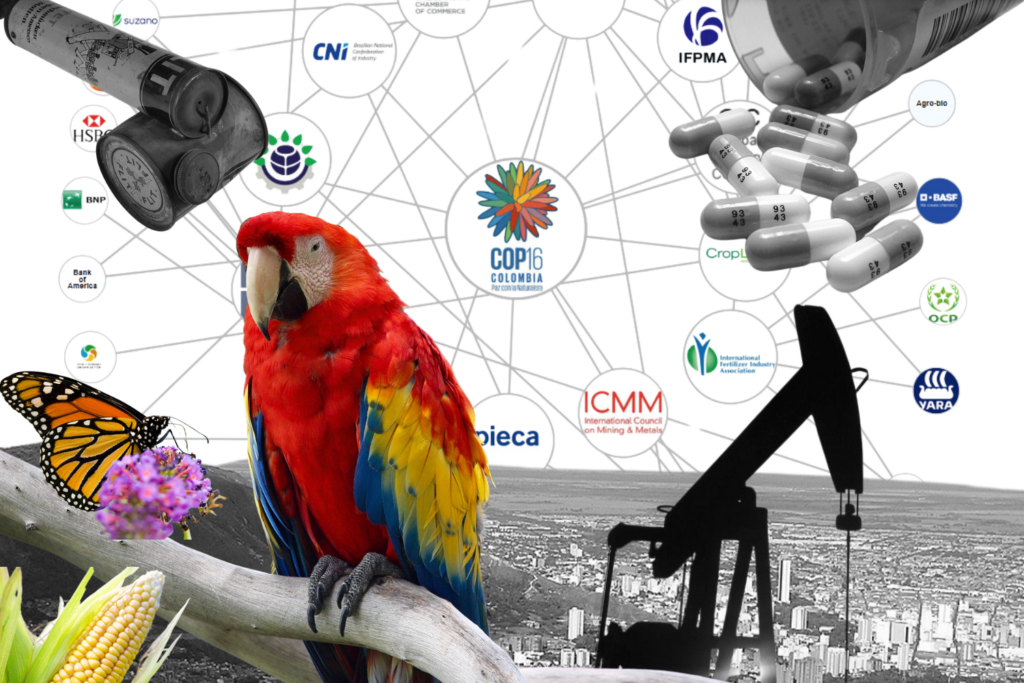A favorite theory of prominent “skeptic” Dr. Richard Lindzen just had a fatal encounter with a 60 million old snake.
Researchers from the University of Toronto discovered the bones of this massive bus-sized reptile in a coal mine in Columbia and published their findings in the prestigious journal Nature. How big was this monster? About 42 feet long, it weighed as much a small car. It would have had trouble slithering through a standard doorway. Its girth would come up to your belly button.
The size of this massive snake also shows the tropics were much warmer than previously believed. Snake size depends on temperature – the hotter the bigger. For this beast that snacked on crocodiles to thrive, temperatures in the tropics must have averaged 30 to 34 degrees Celsius – three to four degrees hotter than the present. That throws cold water on the “thermostat” theory championed by Lindzen that in a warming world, the poles will warm much more than the equator, sparing the tropics from the worst of climate change.
This finding “refutes the idea of the thermostat”, says lead researcher Jason Head at the University of Toronto, and tells us “what equatorial temperatures will be as we continue to warm the planet: very hot.”
Climate scientist Matthew Huber of Purdue University agrees. He says that if Head is right about this massive serpents’ toasty climate, “that’s…bad news for us for the future. It says there’s no magical thermostat that keeps the tropics at a reasonable temperature, that they will warm, too, in a global warming world”
While nature lovers can take comfort in the knowledge that snakes and rainforests can apparently survive much hotter conditions than previously believed, these findings are not good news for humans.
Researchers at the University of Washington published a paper in the prestigious journal Science just last month showing that half the world’s population could face food shortages by the end of century due to tropical warming.
“The stress on global food production from temperatures alone is going to be huge, and that doesn’t take into account water supplies stressed by the higher temperatures,” said David Battisti, at the University of Washington, who led the study.
The researchers combined direct observations with data from 23 global climate models and determined there is greater than a 90 percent probability that by 2100 the lowest growing-season temperatures in the tropics and subtropics will be higher than any temperatures recorded there to date.
Currently 3 billion people live in the tropics and subtropics, and their number is expected to nearly double by the end of the century. The scientists said that many who now live in these areas subsist on less than $2 a day and depend largely on agriculture for their livelihoods.
“When all the signs point in the same direction, and in this case it’s a bad direction, you pretty much know what’s going to happen,” said Battisti. “You are talking about hundreds of millions of additional people looking for food because they won’t be able to find it where they find it now.”
That finding is perhaps made worse by the fact the researchers at the University of Washington did not have the benefit of knowing about our massive reptilian friend.
The bottom line is this: whatever wishful thinking existed that the tropics will somehow be able to “blow off steam” in a warming world just got swallowed by a giant snake.
For another take, check out Andrew Revkin at the NY Times DotEarth blog: Snake Hints at Tropical Resilience to Warming.
This month we’re giving away FREE copies Nobel Laureate Dr. Andrew Weaver’s new book Keeping Our Cool: Canada in a Warming World.
Go here to find out more details about DeSmogBlog’s monthly book give-away.
Subscribe to our newsletter
Stay up to date with DeSmog news and alerts







